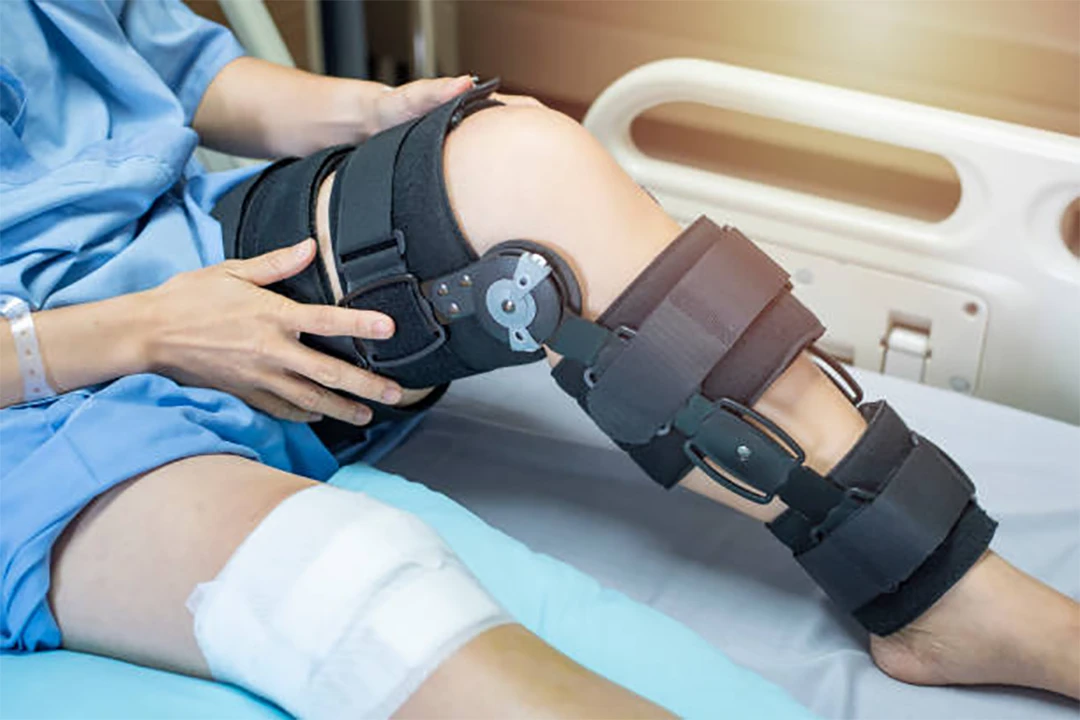
Yes, car accidents impact you physically. But it goes beyond that. They can leave a lasting emotional toll as well. Whether it’s the shock of the event, feelings of vulnerability, or lingering anxiety every time you get behind the wheel, the mental recovery process can take time and effort. (Sometimes longer than the physical recovery).
The good news is that emotional healing is possible, but it requires intentional steps to process your feelings and rebuild your confidence.
There are plenty of ways to navigate the emotional recovery process after a car accident and regain your peace of mind. And it all starts with taking small steps in the right direction.
Acknowledge Your Feelings
The first step to emotional recovery is acknowledging how you feel. It’s normal to experience a wide range of emotions after a car accident, including fear, anger, sadness, or even guilt. You might find yourself replaying the incident in your mind, wondering what you could have done differently, or feeling overwhelmed by the sudden loss of control.
Rather than bottling up these emotions or trying to dismiss them, allow yourself to really feel them. Suppressing your emotions can prolong your recovery, while acknowledging them creates space for healing. Journaling, talking to a trusted friend, or even just sitting quietly with your thoughts can help you begin to process what happened.
Talk About It
You don’t have to go through this alone. Sharing your experience with someone you trust can provide relief and perspective. Whether it’s a close friend, family member, or counselor, opening up about your feelings can reduce their intensity and help you feel less isolated.
If you’re struggling to articulate your emotions, start by describing the facts of the accident. Over time, you may find it easier to express how it has affected you emotionally. A support group can also be a valuable resource, connecting you with others who understand what you’re going through and offering advice based on their own experiences.
Address Lingering Anxiety
It’s common to feel anxious about driving or even being a passenger after a car accident. This anxiety might manifest as a fear of getting back on the road, avoiding certain routes, or feeling hyper-aware of other drivers.
To overcome this, take gradual steps to rebuild your confidence. Start with short, low-stress drives in familiar areas and work your way up to longer trips. If you find the anxiety overwhelming, consider working with a therapist who specializes in trauma or anxiety disorders. They can teach you coping techniques like deep breathing, visualization, or cognitive reframing to help you manage your fears.
Take Care of Your Physical Health
Emotional recovery is closely tied to physical health, so don’t neglect your body during this time. If you sustained injuries in the accident, follow your doctor’s advice for treatment and rehabilitation. Chronic pain or untreated injuries can exacerbate emotional distress, making it harder to recover fully.
In addition to addressing specific injuries, focus on general wellness habits. Get enough sleep, eat nutritious foods, and engage in gentle physical activity if your doctor approves. Exercise, even in small amounts, releases endorphins that can boost your mood and help reduce feelings of stress or anxiety.
Focus on Regaining Control
One of the hardest parts of a car accident is the feeling of losing control. To counteract this, focus on actions that help you regain a sense of agency over your life.
Start by addressing any logistical or financial challenges related to the accident, such as dealing with insurance claims, repairing your vehicle, or resolving medical bills. Hiring a personal injury attorney to handle these practical matters can alleviate stress and create a sense of accomplishment.
You might also consider taking a defensive driving course. Not only will this improve your driving skills, but it can also give you the confidence to feel safer and more in control on the road.
Give Yourself Time
Healing from a car accident isn’t something you can rush. Emotional recovery often takes longer than physical recovery, and there’s no set timeline for when you “should” feel better. It all depends on the person, the accident, and the hundreds of unique circumstances surrounding your situation.
Be kind to yourself and recognize that it’s okay to have good days and bad days. Progress isn’t always linear, and setbacks don’t mean you’re failing. Celebrate small victories, like taking your first drive after the accident or feeling calmer in situations that used to trigger anxiety.
If you feel like your recovery is taking longer than expected, reach out to a mental health professional for guidance. Therapy can provide you with tools to work through your emotions and regain your sense of normalcy.
Know When to Seek Professional Help
While it’s normal to feel emotional after a car accident, some symptoms may indicate you need professional support. If you’re experiencing persistent anxiety, flashbacks, nightmares, or difficulty functioning in daily life, you might be dealing with post-traumatic stress disorder (PTSD).
A mental health professional can help you work through these symptoms using therapies like cognitive-behavioral therapy (CBT) or eye movement desensitization and reprocessing (EMDR). These approaches are highly effective for addressing trauma and can help you regain your emotional equilibrium.
Finding Peace in Recovery
Recovering emotionally from a car accident takes time, effort, and self-compassion. But if you’re willing to invest yourself fully into your recovery, you can come out of this stronger than ever on the back end.
Be patient, give yourself grace, and keep a long-term perspective in mind!

